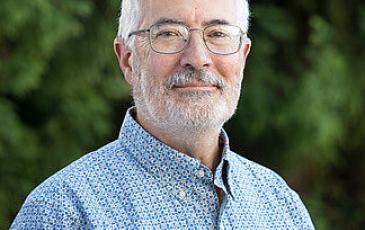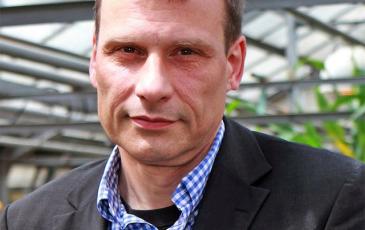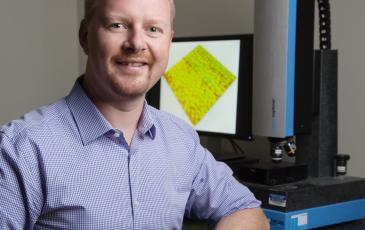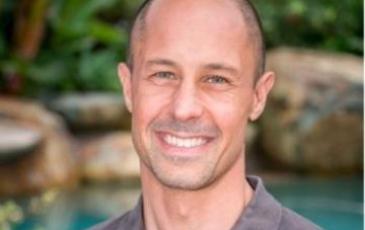One of the most striking, yet poorly understood, forms of plant movement is the climbing capacities of woody vines, also known as "lianas". These plants weave through the forest, attaching to host branches as they grow towards light at the top of the canopy. Surprisingly, this complex and unusual phenotype has independently evolved in at least one-third of vascular plant families and can represent upwards of 40% of the leaf area in tropical forests. Thus, the ability to climb is a strategic lifeform in the evolution of plants to compete for light. Despite the evolutionary and ecological significant of lianas, we still lack an understanding of how plants evolved to climb.
In this talk, I will present a multi-scaled approach to elucidate the evolution and development (evo-devo) of cells and phylogenetics, developmental anatomy, comparative transcriptomics, to cell wall biology. I begin by discussing the role of "vascular variants" i.e., aberrations in the distribution and abundance of vascular tissues, in the large neotropical liana tribe, Paullinieae (Sapindaceae). I will conclude by discussing our ongoing efforts to elucidate the developmental mechanism underlying twining motion of common bean vines, through hormonal perturbation, RNA seq, and our efforts to understand the link between microtubule orientation and whole-form architecture.











